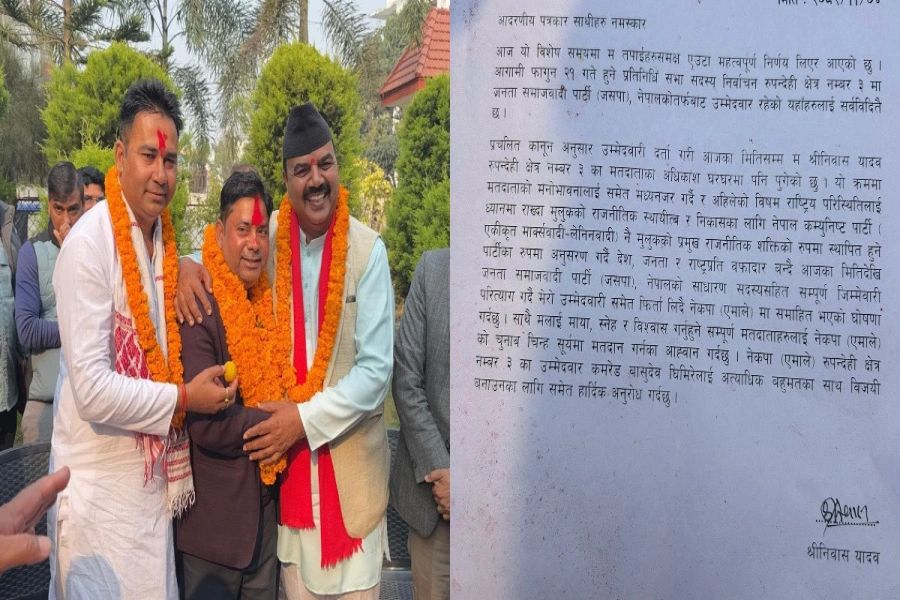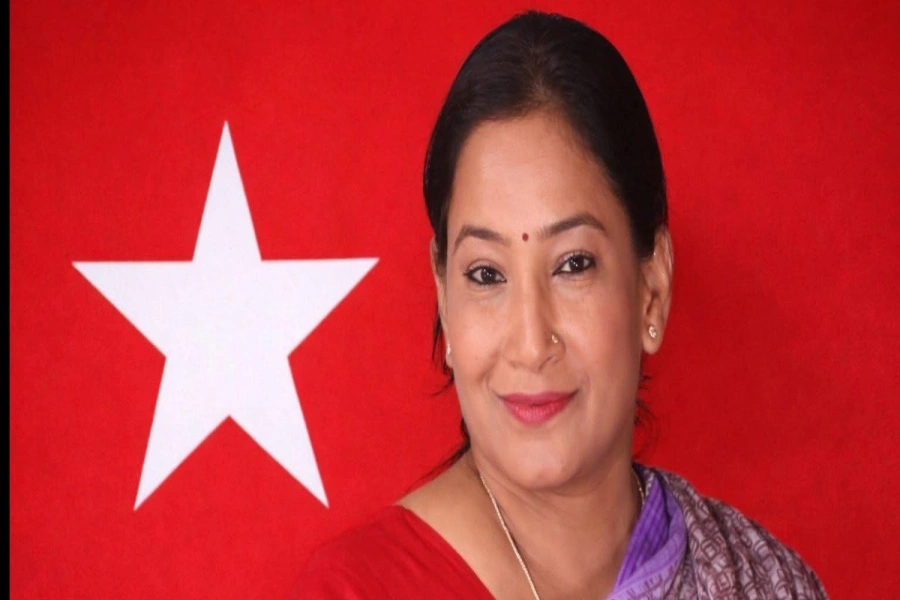It is the same old story. The government-backed insurance schemes – the COVID-19, agricultural, and health insurance are losing credibility due to delays in government reimbursements, according to the latest report released by the Office of the Auditor General. This year's report, released in the past week, cites administrative procrastination in releasing the grants that the government committed at the time of launching these schemes. Failures in timely reimbursements have seriously undermined public confidence in the government-sponsored programs and, by extrapolation, in the entity that the citizenry calls government.
The COVID-19 insurance scheme, launched in April 2020 at the height of the pandemic, extended risk coverage to nearly 1.76 million individuals over a period of one year before it was called off by mid-2021. Of these, over 950,000 policies were sold with government-backed grants, with the insurers collecting around Rs 1.5 billion in premiums. However, the government has yet to reimburse approximately Rs 11 billion in claims owed to non-life insurance companies. The situation escalated to the point where the Nepal Insurers’ Association filed a petition at the Supreme Court in September 2024, demanding that the government honor its financial obligations. The government's failure to release the promised payments has sent a wrong message to the insurers and the insured about the state's intent and capacity to deliver on the commitments made.
Ncell 'dillydallying' on taxes stirs boycott backlash

The story of the agriculture insurance program is just as frustrating. Launched in 2013 with a 50% subsidy on premiums – later revised to up to 80% – the program initially generated strong interest, but then the delays in releasing the promised subsidies weakened its effectiveness. In fiscal year 2023/24, non-life insurers had to suspend the sale of farm insurance policies, forcing the finance ministry to release Rs 3 billion in pending subsidies. The Office of the Attorney General has reported that Rs 370 million in subsidy dues remain unpaid yet, and non-life insurers claim that over Rs 1.5 billion is still pending in the current fiscal year. No wonder both insurers and farmers feel discouraged and unenthusiastic about the scheme itself.
The national health insurance program, introduced in 2016, faces a similar crisis. The scheme currently covers more than 8.2 million people, allowing a family of up to five members to access healthcare services worth up to Rs 100,000 annually for a premium of Rs 3,500. While it has played a key role in expanding healthcare access, it is now struggling to manage a massive backlog of claims. As of now, the Health Insurance Board has received more than 9.74 million claims, and Rs 18 billion in dues remain unsettled. How this particular insurance scheme will go, or whether it will continue for long, is anyone's guess.
The underlying issue across all these insurance schemes is the government's inability to deliver on its financial commitments. The lingering, repeated delays in claim settlements and premium subsidies have disillusioned the insured and weakened the morale of insurers. According to officials from the Nepal Insurance Authority, both service providers and beneficiaries are losing interest due to the government’s apathy and lack of accountability. To restore the lost credibility, the government must take concrete steps to ensure timely and predictable funding for all its insurance programs. Establishing a dedicated insurance claim settlement fund with automatic disbursement mechanisms, ensuring proper budgetary allocations, digitizing claim tracking systems, and enacting legal provisions for timely payments could help the government address the problem sustainably. In the absence of urgent steps taken in the interest of reforms, the state-backed insurance schemes in Nepal risk becoming a broken promise rather than a pillar of social protection.





































